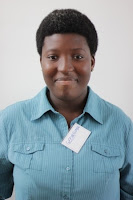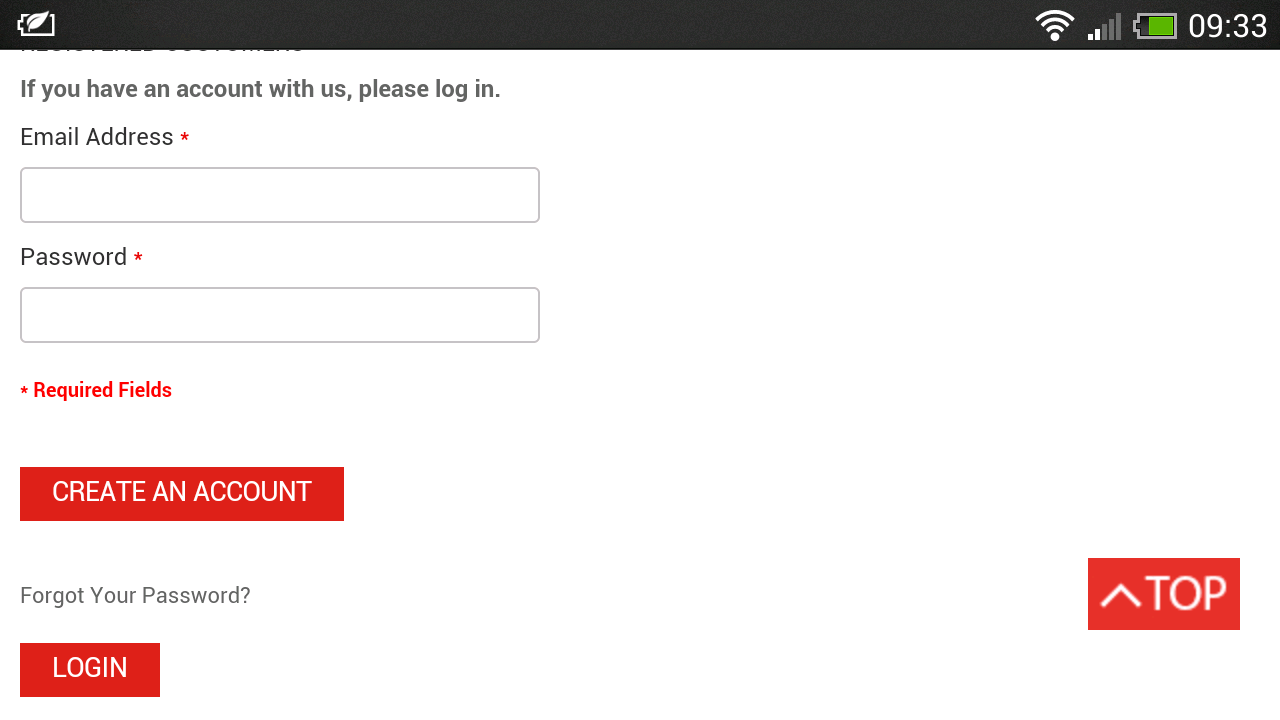 |
| Credit: Coaching Journey |
Yesterday, Barcamp CapeCoast had a discussion on the theme, “Equipping the Youth to plan their Future Today”.
It was a successful, insightful programme – as ALL Barcamps in Ghana are.
The main speaker at the event, adviced barcampers to find out who they are, and what they want to be while in school. I suggested further, that
attendees do a stakeholder mapping, by asking family and friends to tell them
the qualities they see in attendees. This will help attendees understand how
they are wired, thus pursing stuff they are passionate about.
"I will advise that you find who you are and what you want to be while in school" - @niiobodaisquire #bcCapecoast pic.twitter.com/McL9IQGgEA
— #Ghana #NVDay15 (@Barcampghana) September 12, 2015
Stakeholder mapping is KEY. Helps u understand how u r wired. Ask family/friends 2 tell u ur abilities #bccapecoast https://t.co/MxooL2DALV
— Kafui (@Qaphui) September 12, 2015
So, let’s say I want to be a Data Scientist, what do I do?
Goal - How SMART is my goal? How would I know I’ve succeeded
in achieving my goal?
I want to be a Data
Scientist by December, 2015. I would know I’ve succeeded when I’m able to
perform data analysis, and create visualisations that contribute to development
(in health, education, and other sectors of interest).
Also, being useful to
organisations, either as a freelance data scientist, or in-house data analyst
will indicate my achievement of my goal.
Reality – What is currently happening in my life
(work/school/home)? Have I already taken any step towards my goal? Does this
conflict any other goal that I have?
My job gives me enough
time to pursue this goal if I want to. As a student, you’d have enough time
too. This goal fits perfectly into my career development plans, so no conflicts
there. I’ve got basic statistics, mathematics, and programming skills. Currently,
there are a number of books and online courses I could use to help me achieve
my goal. However, I’m not doing that because I spend a LOT of time on social
media, instant messaging, and watching TV Series. I am yet to take any step to
achieve my goal.
Options - What else can I do, differently? Any constraints
with this option(s)?
Based on my current
reality, I can reduce the time I spend watching TV Series and movies. I will
take online Data Science courses available on Udacity, edx, and Coursera, while reading books
and blogs on the subject.
I will find datasets,
or create my own, and use them in personal projects, thus creating a portfolio.
I will also join Data
Science groups, forums online, and contribute to them.
A constraint would be
the availability of reliable internet connectivity, and constantly motivating myself when progress is slow.
Will – What do I need to do now, and when? How can I keep
myself motivated? When do I review my progress?
I look forward to
dedicating 4-6 hours a week, to study Data Science (including the R and Python
programming languages). While studying, I will also use the Pomodoro Technique
to help me be focused on my studies.(This app switches off internet data while
you use it).
I will do well to
contribute to Data Science groups I will join, frequently. I will review my
success weekly. I am sure my plan of action will yield 90-100% success rate.
It is my hope this helps someone out there as it has helped
me – and still does.
Do share your thoughts via the comment section. Thanks


























